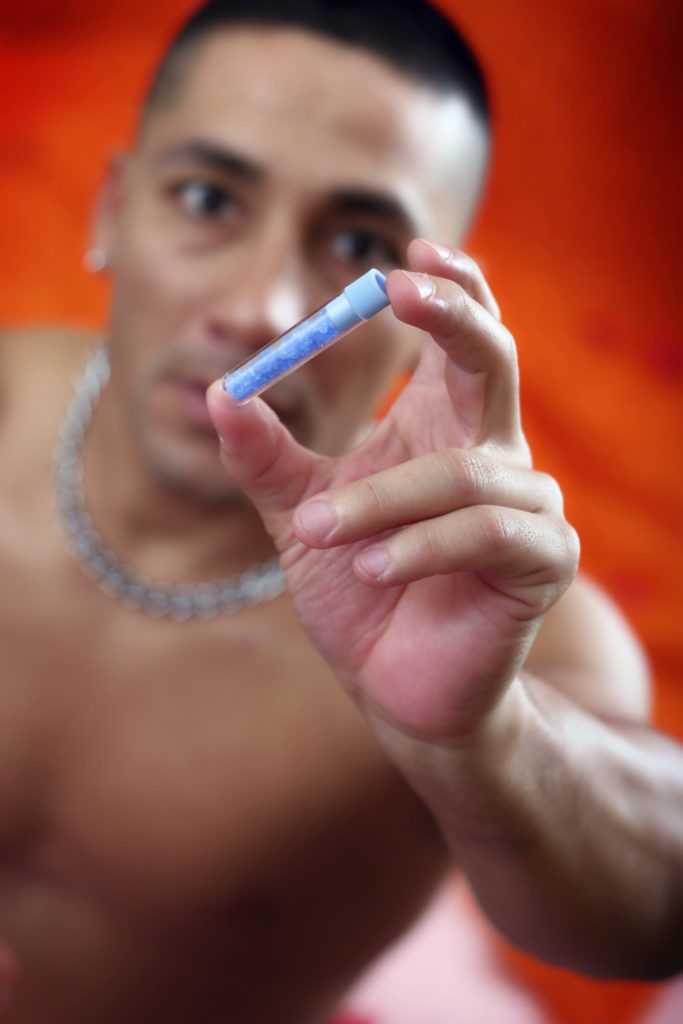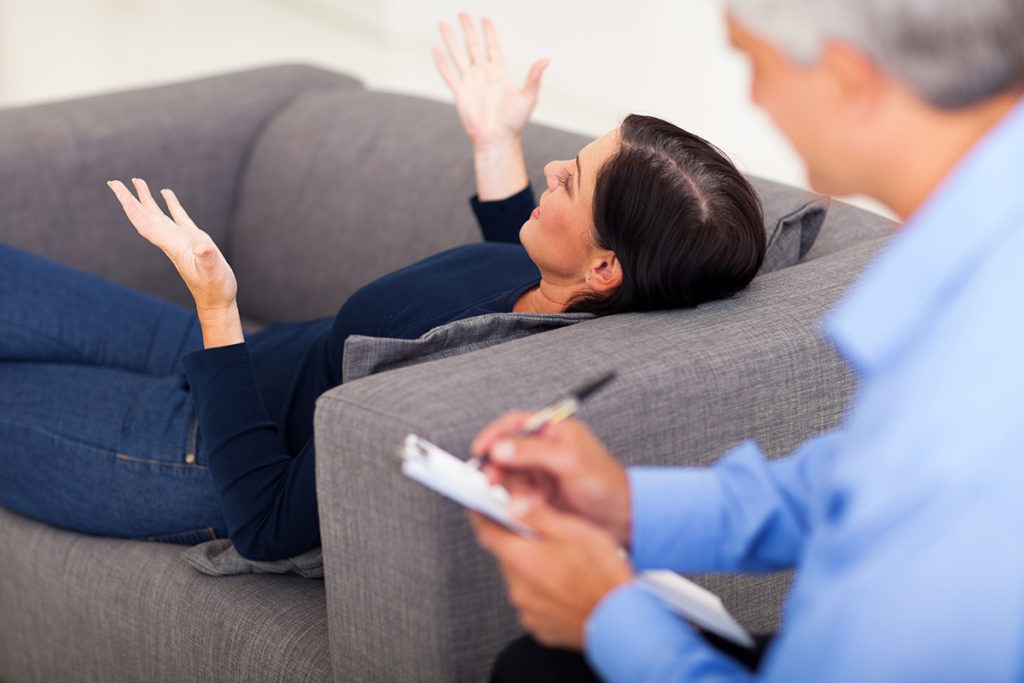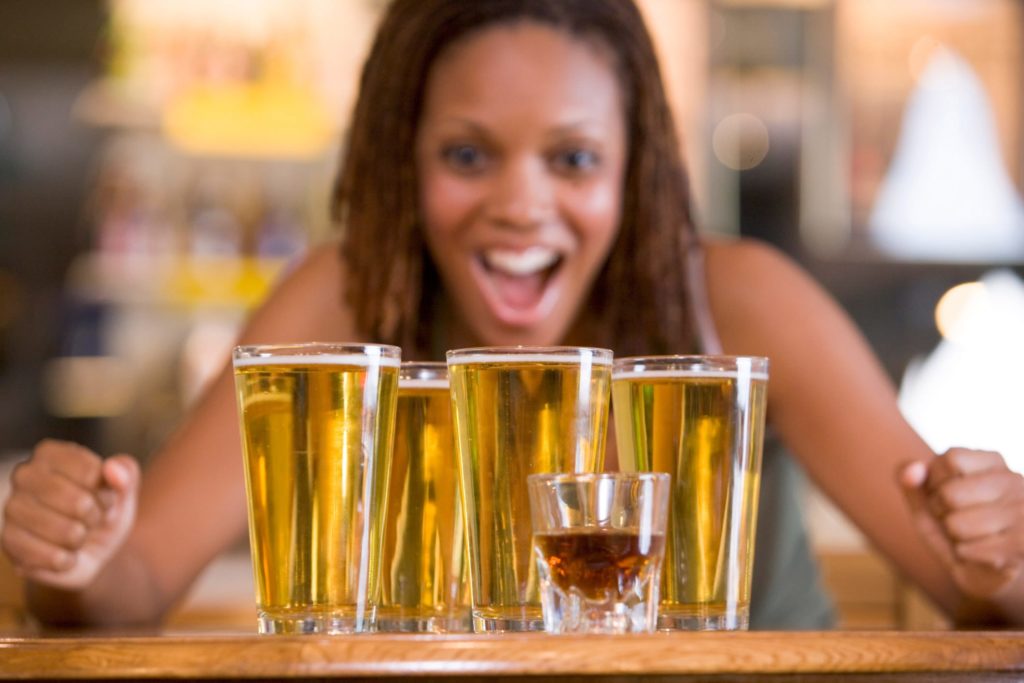It’s no secret that alcohol and aggression are linked in some way. But how are they related? Is there a direct correlation between the two, or are other factors involved? The effects of alcohol are complex and can vary from person to person. But when it comes to its connection with aggression, research suggests that alcohol use can lead to aggressive behavior.
If you or someone you love struggles with alcohol use and aggression, contact 17135283709 to learn about our alcohol addiction treatment programs.
Are Alcohol and Aggression Linked?
One possible explanation of the link between alcohol and aggression is that drinking can lower inhibitions, leading to more impulsive behavior, often increasing violent reactions and physical altercations. This can also increase verbal aggression, such as yelling or name-calling.
Another factor that could be at play is underlying mental health concerns triggered by alcohol use. Depression and anxiety are two of the most common mental health issues linked to aggression, and drinking can exacerbate these symptoms, making people more prone to aggressive outbursts.
It is important to remember that not everyone who drinks is an aggressor. The link between alcohol and aggression is complex and depends on several factors, including the level of intoxication, an individual’s mental health history, and their environment.
Causes of Aggression in Alcohol Use
Alcohol can create a sense of euphoria and loosen inhibitions, likely contributing to the link between alcohol and aggression. Alcohol use can also disrupt the functioning of brain areas responsible for decision-making, resulting in more impulsive behavior.
As previously mentioned, underlying mental health concerns are often associated with aggressive behaviors. These can include:
- Depression
- Anxiety
- Bipolar disorder
- Post-traumatic stress disorder (PTSD)
In some cases, drinking can worsen existing mental health concerns, leading to increased aggressive behavior. Another factor that may be at play is the amount of alcohol consumed. The higher the blood alcohol concentration (BAC), the more likely someone will become aggressive.
Finally, the environment in which someone drinks can contribute to their aggression. For example, if someone is in an area that promotes violence or has been verbally provoked, they are more likely to act aggressively while under the influence of alcohol.
It’s important to note that having underlying mental health concerns does not inherently make someone violent. Most of those with mental health conditions are more likely to be the victim, rather than the aggressor, of violence.
A Note on Aggression and Abuse in Relationships
It’s important to know that in interpersonal relationships, alcohol or drug use can increase the risk of aggressive or abusive behaviors. If you are in an unhealthy relationship, it is essential to remember that alcohol or drugs are never an excuse for aggression and abuse.
Some signs that you or a loved one are experiencing aggression increased by substance use include:
- Making excuses for aggressive behaviors
- Feeling the need to drink or use drugs before engaging in conversations or social activities
- Engaging in risky behavior, such as driving under the influence
- Participating in fights or other physical altercations while drinking or using drugs
If you are concerned about your own or someone else’s drinking, it is vital to get help. Treatment can address the underlying causes of addiction and aggression and provide the tools for long-term recovery.
Alcohol Addiction Treatment with Right Step
If you are struggling with alcohol use and are acting aggressively while drinking, seek help from a mental health professional. At Promises Right Step, our experienced clinicians are here to help you learn how to manage aggression.
At Promises Right Step, we are dedicated to helping individuals overcome alcohol use disorder and related mental health issues. Our evidence-based and holistic treatment programs are designed to help you learn how to manage your addiction and develop healthy coping skills.
Contact us at 17135283709 today to learn more about our alcohol use disorder treatment programs and the resources available.






